Description
Palazzo Donn’Anna in Naples by Eduardo Dalbono printed on a T-Shirt
About the T-Shirt
Regular fit
Standard length, the fabric easily gives into movement
Casual wear
A classic, everyday option loved by our customers
Side-seamed
Constructed by sewing two parts together, creating a fitted look
The Unisex Staple T-Shirt feels soft and light with just the right amount of stretch. It’s comfortable and flattering for all. We can’t compliment this shirt enough–it’s one of our crowd favorites, and it’s sure to be your next favorite too!
- Solid colors are 100% Airlume combed and ring-spun cotton
- Ash color is 99% combed and ring-spun cotton, 1% polyester
- Heather colors are 52% combed and ring-spun cotton, 48% polyester
- Athletic and Black Heather are 90% combed and ring-spun cotton, 10% polyester
- Heather Prism colors are 99% combed and ring-spun cotton, 1% polyester
- Fabric weight: 4.2 oz./yd.² (142 g/m²)
- Pre-shrunk fabric
- 30 singles
- Side-seamed construction
- Tear-away label
- Shoulder-to-shoulder taping
- Blank product sourced from Nicaragua, Mexico, Honduras, or the US
Eduardo Dalbono (1841 – 1915)
Eduardo Dalbono was an Italian painter born in Naples.
The son of a writer and art critic father and poet mother, Edoardo Dalbono attended the Royal Institute of Fine Arts in Naples in 1853, but left it shortly afterwards to join Nicola Palizzi ‘s studio. In 1859 he participated in the Fine Arts Exhibition at the Royal Bourbon Museum, winning the silver medal; he then became interested in the Scuola di Resina, and his artistic research centered on life studies of nature.
In 1867 he began showing his works regularly at the Società Promotrice di Belle Arti in Naples and other exhibitions; he won the silver medal at the National Exposition at the Accademia di Belle Arti di Parma in 1870 with a history painting and the bronze medal at the international exhibition in Vienna in 1873. From 1878 to 1888 he lived in Paris and, with the help of his friend Giuseppe De Nittis , entered into a contract with the art dealer Goupil . During this decade he returned to Italy several times, staying in Milan and Verona , and also continued the activity he had begun years earlier as an illustrator.
He was one of the founders of the Società Napoletana degli Artisti, and later of the Circolo Artistico, and in 1897 he was appointed professor of painting at the Naples Academy. He went on to show his works in the international exhibitions in Venice in 1895, St Louis in 1904 and Rome in 1911. He died in Naples in 1915.
Among his pupils was Carlo Brancaccio.

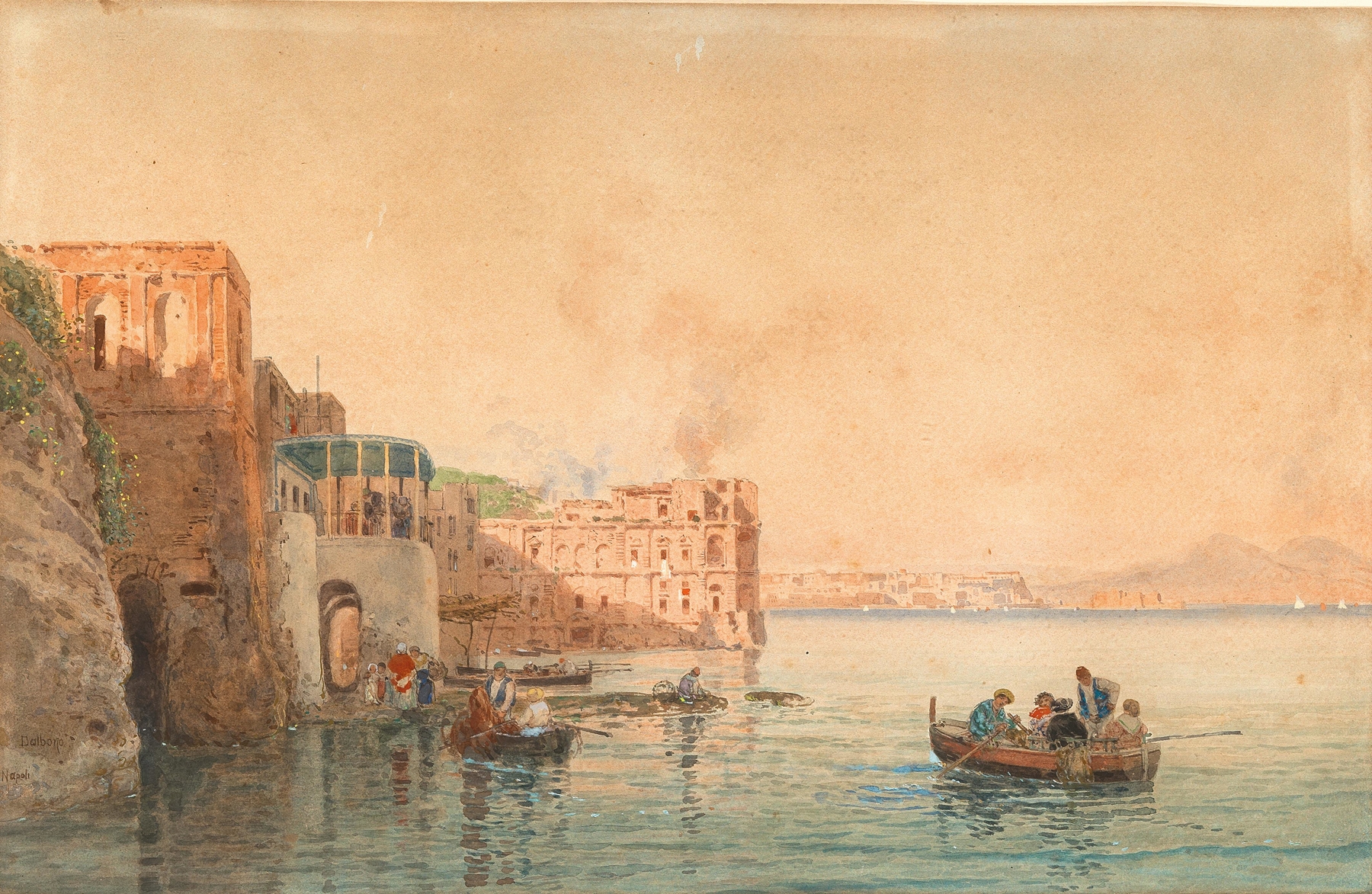
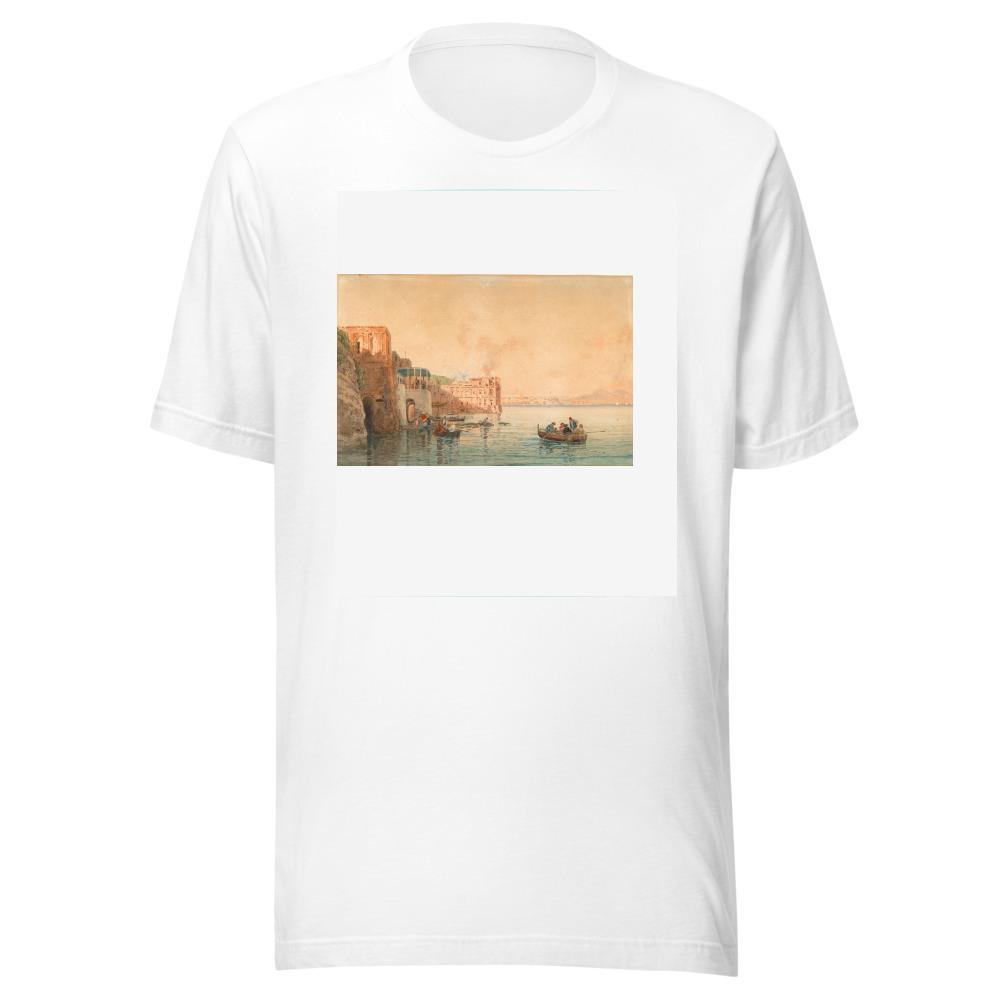
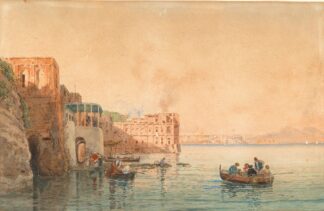
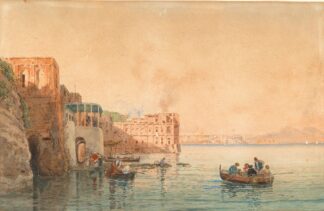
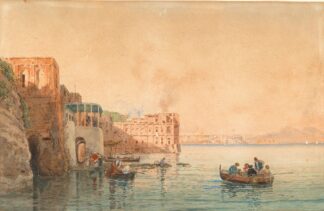
Reviews
There are no reviews yet.